Understanding Menopause: A Natural Change, Not a Problem
Menopause is not an illness. It’s a natural part of ageing that every woman experiences, usually between the ages of 45 and 55. It happens when your ovaries gradually stop producing hormones like estrogen and progesterone. As hormone levels drop, your body starts to respond in new, often surprising ways.
Some of the most common symptoms include:
- Hot flashes
- Mood swings
- Irregular sleep
- Night sweats
- Vaginal dryness
- Weight gain
It can feel overwhelming, but here’s the good news—you can manage these symptoms naturally. You don’t always need hormone-based treatments. Let’s explore how to navigate menopause with more comfort, ease, and peace of mind.
Why Choose Natural Methods?
Many women prefer natural approaches for various reasons—concerns about side effects, personal beliefs, or simply wanting to keep things as gentle as possible. Choosing natural solutions also helps you understand your body better and gives you more control over your health.
Here’s why natural methods are gaining popularity:
- Fewer side effects
- Long-term health benefits
- A more balanced, whole-body approach
- No dependency on synthetic hormones
But how do you do it? Let’s dig in.
Note: If you’re looking for non-hormonal menopause products, Femarelle offers options that many women have explored as part of their natural wellness journey. Their approach aligns with the belief that menopause doesn’t need to be feared—it just needs a little more understanding and the right support. Contact them to learn more about how natural solutions may help you feel more like yourself again.

Lifestyle Tweaks That Make a Huge Difference
1. Food That Fights Symptoms
What you eat can directly affect how you feel. A balanced diet helps balance hormones naturally and reduces common menopause symptoms.
Foods That Help:
- Soy-rich foods (tofu, tempeh): Natural plant estrogens may ease hot flashes
- Leafy greens (spinach, kale): Full of calcium and magnesium for bone and muscle support
- Berries & citrus fruits: Packed with antioxidants to support your immune system
- Whole grains: Keep your energy levels stable throughout the day
Foods to Avoid:
- Caffeine and alcohol
- Spicy or processed foods
- High-sugar snacks
Fun fact: Some women say eating flaxseeds daily helped reduce their hot flashes over time. It’s worth a try!
2. Move That Body – But Gently
Exercise doesn’t mean running marathons. Even light activity like walking or yoga can help balance mood, improve sleep, and support heart and bone health.
3. Stress Management Isn’t Optional
Stress makes menopause symptoms worse. Deep breathing, meditation, or even creative hobbies like painting can help calm your mind and keep your hormones steady.
Top Natural Ways to Reduce Menopause Symptoms
| Natural Method | What It Helps With | How Often |
|---|---|---|
| Herbal teas (chamomile) | Better sleep, anxiety relief | 1–2 cups daily |
| Ground flaxseeds | Hot flashes, hormone support | 1–2 tbsp per day |
| Evening primrose oil | Breast pain, hot flashes | As per supplement guide |
| Walking or light cardio | Mood, energy, joint pain | 30 mins, 5x a week |
| Meditation or journaling | Stress, brain fog | 10–15 mins daily |
Plants & Herbs – Nature’s Quiet Helpers
Certain herbs have been traditionally used for centuries to support women through menopause. They don’t replace your hormones but help your body handle changes more smoothly.
Popular Natural Helpers:
- Black cohosh – May reduce hot flashes and mood swings
- Red clover – A natural source of plant estrogens
- Dong Quai – Known as “female ginseng” in Chinese medicine
- Ashwagandha – Helps manage stress and sleep
Herbs and Their Menopause Benefits
| Herb | Main Benefit | When to Take |
|---|---|---|
| Black Cohosh | Hot flashes, night sweats | Morning or evening |
| Red Clover | Hormone balancing | With meals |
| Ashwagandha | Stress reduction, better sleep | Before bed or twice daily |
| Dong Quai | Mood & menstrual support | As directed by expert |
A Note on Sleep: You Need It
Sleep is often the first thing to get disrupted during menopause. Try these tips for deeper, more restful nights:
- Turn off screens 1 hour before bed
- Keep your room cool and dark
- Use lavender oil or chamomile tea as part of your bedtime ritual
- Practice mindfulness or gentle breathing
What to Avoid During This Phase
Let’s be honest: Some things can make symptoms worse, and it’s better to stay aware.
- Cigarettes – They mess with your hormones and increase the risk of early menopause
- Too much alcohol affects your sleep and mood
- Overworking – Your body needs downtime more than ever now
Curiosity Corner: Did You Know?
Some cultures view menopause not as an “ending,” but as a rebirth. In Japan, for example, menopause is called “konenki,” meaning “renewal years.” Imagine seeing this phase of life not as a decline, but as a doorway to new strength, wisdom, and freedom.
For more insightful details, do visit Techners

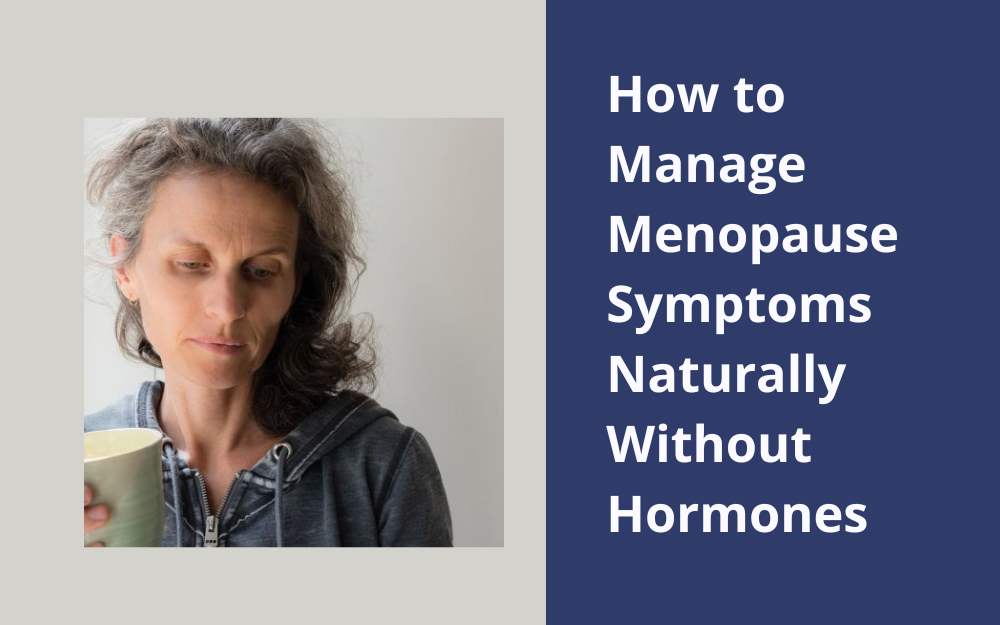
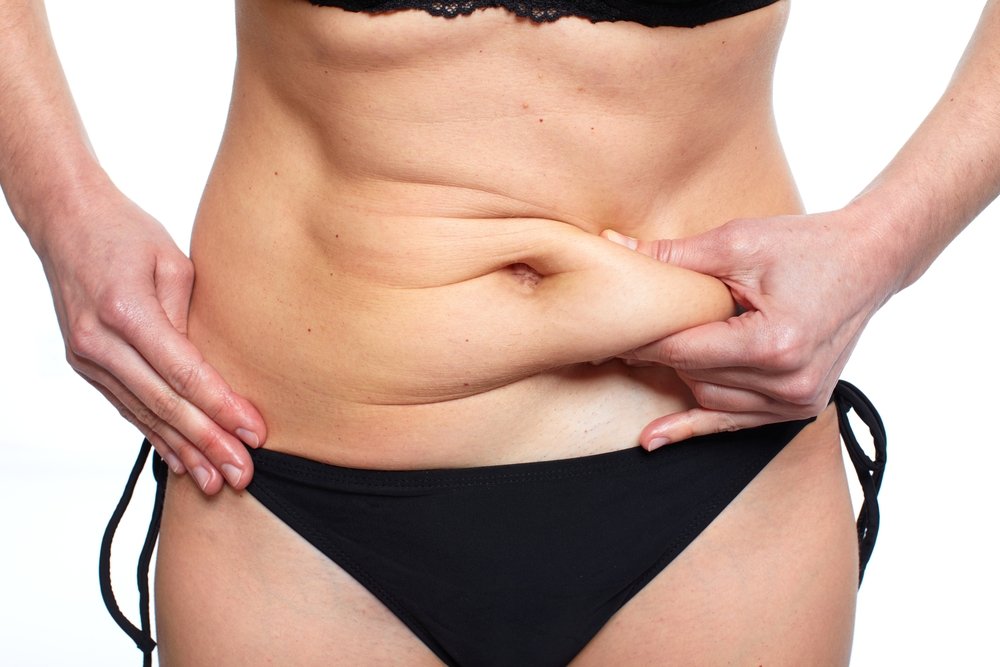
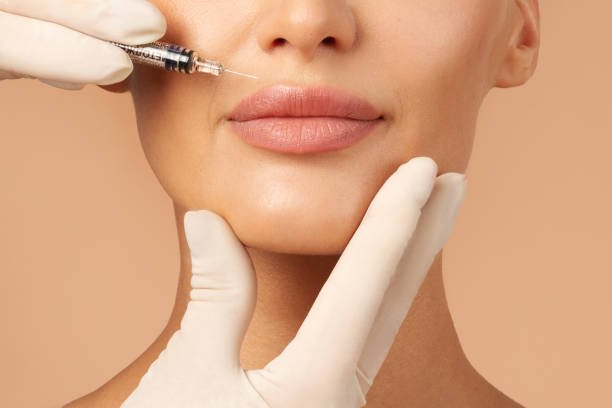

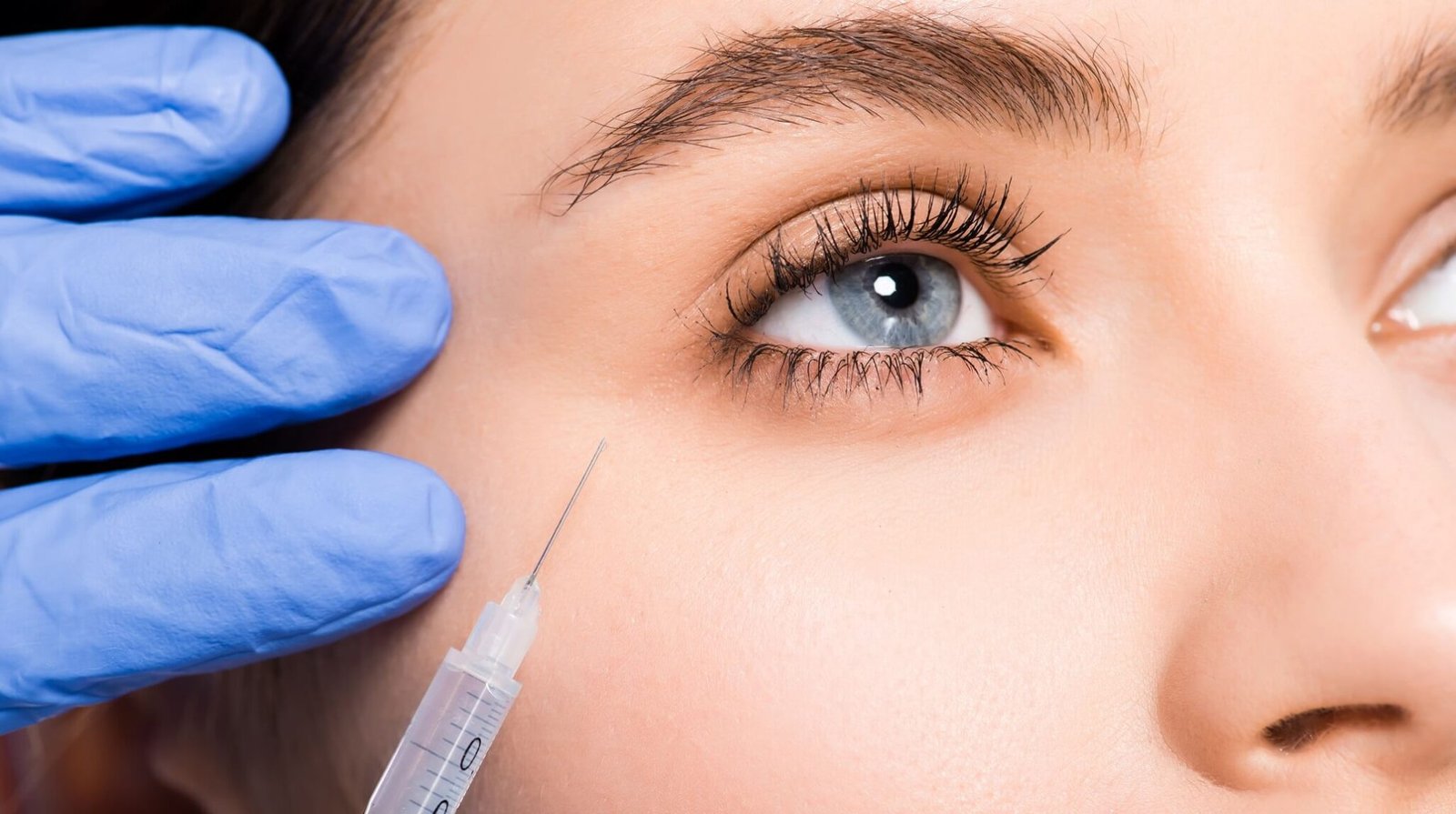
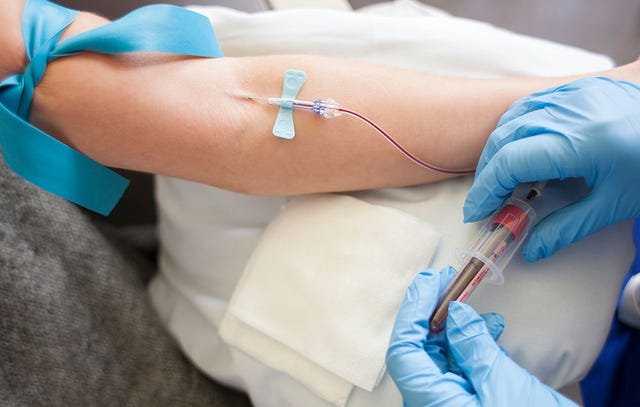



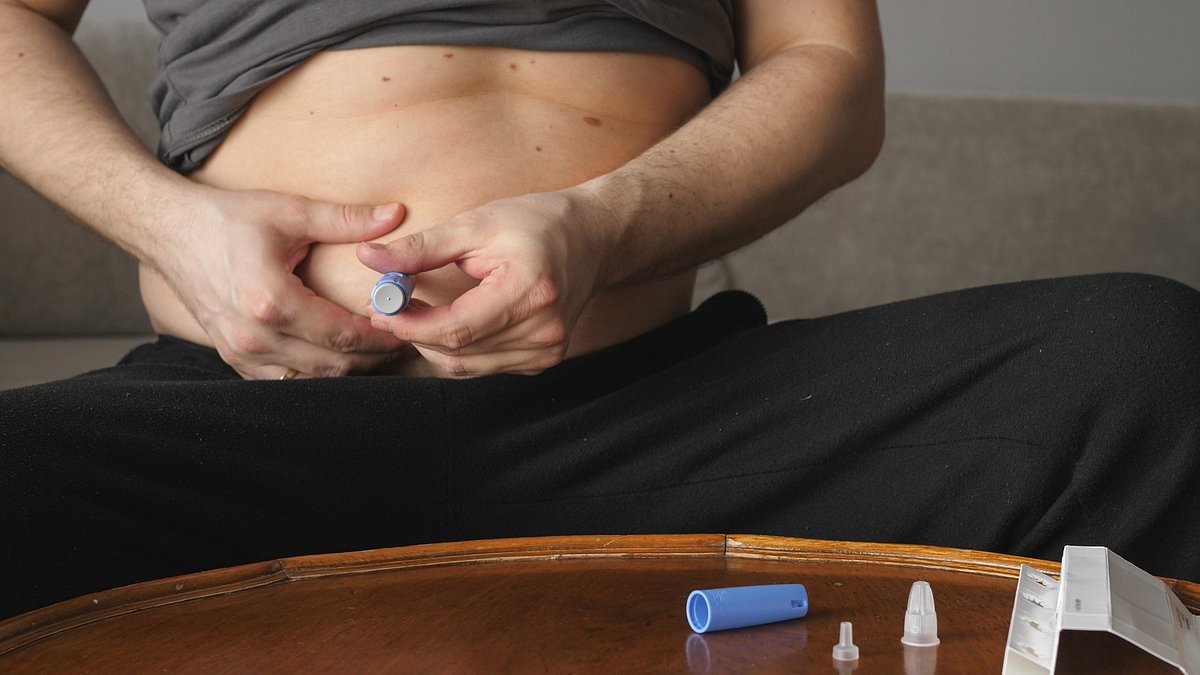





Leave a Reply